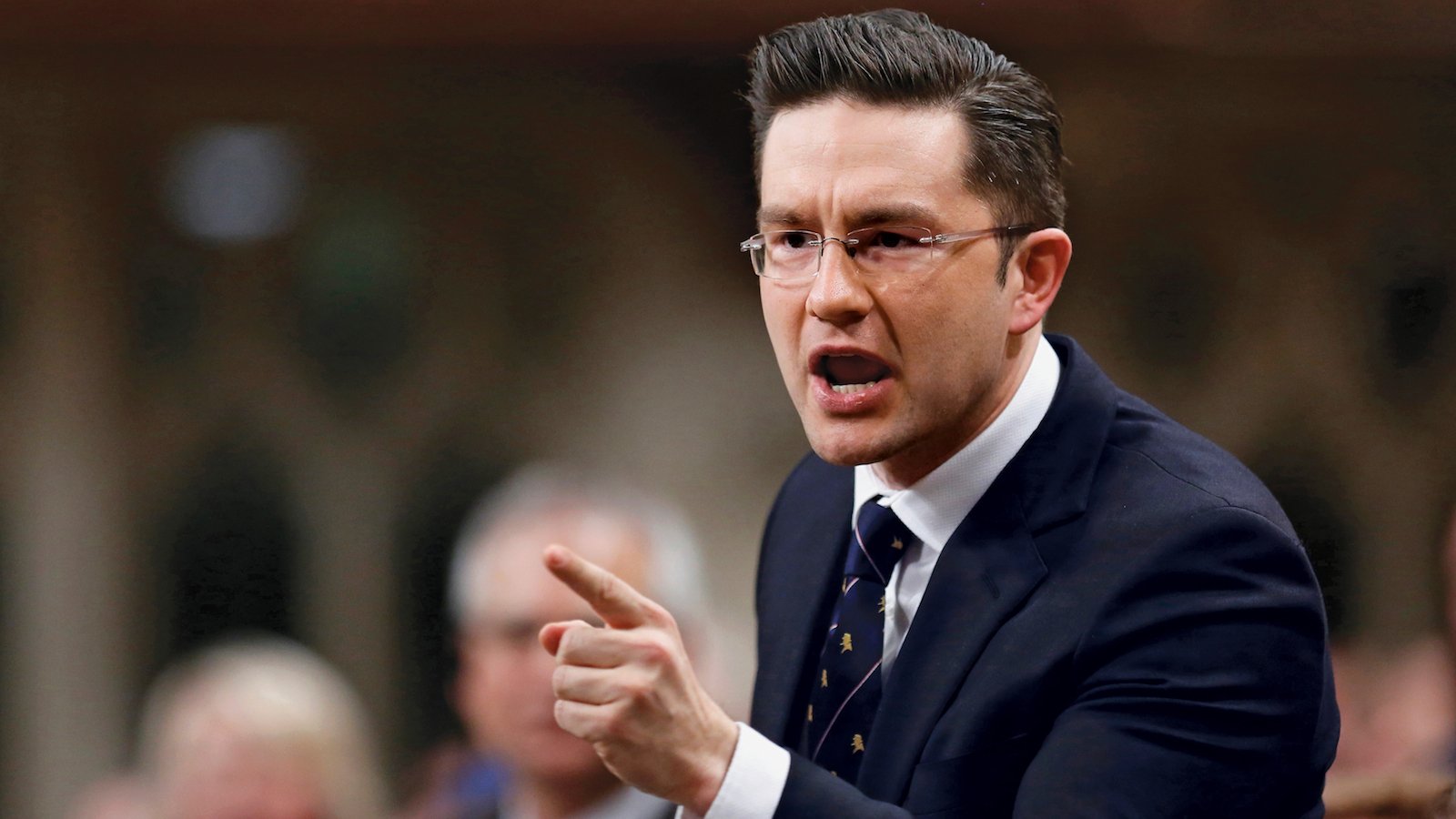The Senate’s suggestions for the Fair Elections Act
Some things would change, other things would stay the same
Share

The Senate legal and constitutional affairs committee has now released its promised report on the Fair Elections Act.
Within the nine recommendations, the Conservative senators would: eliminate the fundraising exemption that C-23 would have created in regards to campaign spending limits; extend the requirement for retention of automated calling records from one year to three years; make an allowance for Elections Canada to continue participating in educational programs like Student Vote; and explicitly provide for communication between the chief electoral officer and the election commissioner (this being an issue the chief electoral officer had raised if the government moves the commissioner into the office of the director of public prosecution).
The Conservative majority also suggests that seniors centres and Aboriginal communities be required to provide letters of attestation of residence (the chief electoral officer had, during his testimony before the House committee, said that the administrators of some seniors centres had balked at writing such letters) and that electronic correspondence be allowed for the purposes of voter identification at polling stations (this being an issue because while bills are supposed to be accepted as identification, many people now receive their bills electronically, though we will now presumably have a discussion about whether electronic copies—printouts?—are sufficiently secure).
There’s also a recommendation that the photos of candidates be added to the ballots to assist those who have trouble reading.
Via email, Pierre Poilievre’s office provides the minister’s relatively gracious response.
”The Fair Elections Act is reasonable, common-sense and Canadians support it. The Senate committee has done a thoughtful study of the bill. Its members should be congratulated for their good work. The committee’s report has just been released and I look forward to studying it carefully and with an open mind. I have always been open to ways we can make a great bill even better.”
All that said, the Conservative majority leaves untouched some of the more contentious elements of the bill. It apparently agrees with the bans on vouching and the voter information card and is fine with the decision to move the elections commissioner out of Elections Canada and into the office of the public prosecutor. The senators also leave in place provisions of the Fair Elections that would give incumbent MPs the power to nominate the central polling supervisors and give Treasury Board approval over any requests by the chief electoral officer to hire temporary expertise. And the Conservative majority apparently sees no reason to give the election commissioner new powers to seek to compel cooperation with its investigations.
The New Democrats have already responded with a list of the “top 10” items missing from the Senate report and a declaration that, “Amendments to this bill must not just be ones that are acceptable to Harper’s unelected senators, all the parties should be on board when you make changes to the laws that govern our democracy.”